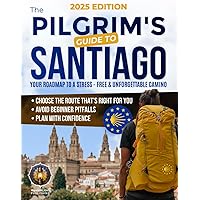Introduction
Traveling is one of life’s greatest pleasures, offering the chance to explore new horizons, immerse oneself in different cultures, and create lasting memories. However, as with any adventure, it comes with its set of risks. Ensuring one’s safety while traveling is paramount, not only to enjoy the journey but to return home with positive stories to tell. Tourist safety is a topic that transcends borders and cultures, and while every destination has its unique charm, it also has its challenges. Whether you’re wandering through the bustling streets of a major city or trekking in remote wilderness areas, being aware of potential dangers and knowing how to avoid them can make all the difference. This article aims to provide travelers with essential tips to stay safe and highlight areas that might require extra caution. After all, a well-informed traveler is a safe traveler.
General safety tips for tourists
Traveling can be an exhilarating experience, but it’s essential to prioritize safety to ensure a memorable journey for all the right reasons. Here are some general safety guidelines every traveler should consider:
Preparations before traveling
- Research your destination: Familiarize yourself with the local customs, laws, and culture. Websites like the U.S. Department of State’s Travel Advisories (travel.state.gov) can provide up-to-date information on safety conditions in various countries.
- Travel insurance: Always purchase comprehensive travel insurance that covers medical emergencies, cancellations, lost luggage, and other unexpected events.
- Emergency contacts: Keep a list of emergency contacts, including the local embassy or consulate, local emergency services, and contacts back home.
Handling money and valuables
- Use money belts: Instead of carrying a regular purse or wallet, consider using a money belt that can be concealed under your clothing.
- Limit cash: Carry only the amount of cash you’ll need for the day. Use credit cards or traveler’s checks when possible, but be aware of international transaction fees.
- Secure valuables: Use hotel safes for passports, extra cash, and other valuables. If your accommodation doesn’t provide a safe, consider portable travel safes or lockable bags.
Interacting with strangers and locals
- Stay alert: Always be aware of your surroundings, especially in crowded areas where pickpockets might operate.
- Trust your instincts: If something or someone feels off, trust your gut feeling and remove yourself from the situation.
- Learn basic local phrases: Knowing simple phrases in the local language, such as “help” or “no thank you,” can be invaluable. It shows respect for the local culture and can be helpful in sticky situations.
- Limit personal information: Be cautious about sharing personal details, such as your accommodation or travel plans, with strangers.
Traveling is about embracing new experiences, but it’s crucial to strike a balance between adventure and safety. By following these general guidelines, tourists can enjoy their journey with peace of mind, knowing they’ve taken steps to protect themselves and their belongings.
Safe transportation
Navigating a new city or country can be both exciting and daunting. Ensuring safe transportation is paramount to a traveler’s overall experience and security. Here’s a guide to help tourists traverse unfamiliar terrains safely:
Safe ways to get around
- Taxis: Always opt for official taxis over unmarked ones. Look for official badges, meters, or company logos. In many cities, there are taxi apps or services that are reputable and can be booked via smartphone, such as Cabify in Spain.
- Public transport: Familiarize yourself with the local public transport system before using it. Avoid empty carriages, especially during off-peak hours. Keep your belongings close and be wary of pickpockets, particularly in crowded areas.
- Vehicle rentals: If renting a vehicle, ensure it’s from a reputable company. Always inspect the vehicle for any damages before driving off and familiarize yourself with local driving laws. In Spain, for instance, the Directorate-General for Traffic (DGT) provides guidelines for foreign drivers.
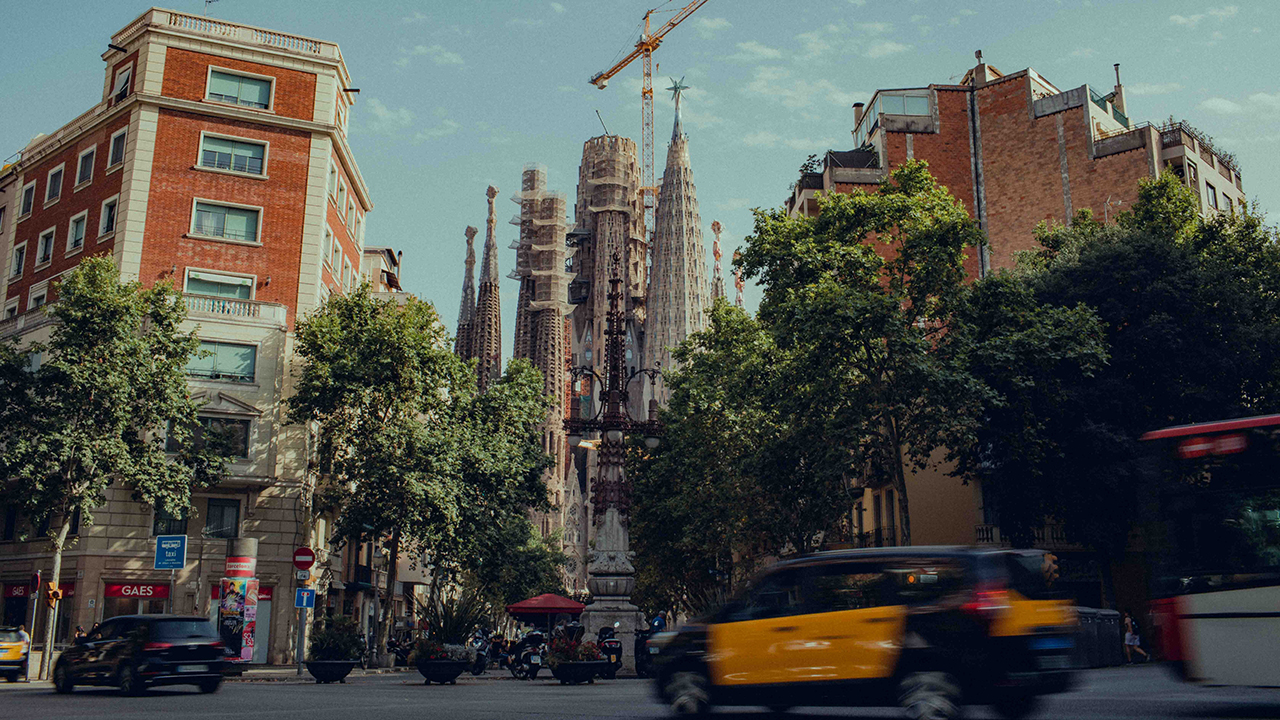
Tips for walking in unfamiliar areas
- Stay in well-lit areas: Especially during the night, stick to main roads and avoid alleyways or poorly lit streets.
- Avoid flashy displays: Refrain from displaying expensive jewelry, cameras, or other valuables that might attract unwanted attention.
- Stay updated with maps: Use updated maps or GPS services, like Google Maps, to navigate. If you need to check your map, step into a store or cafe rather than stopping on the street.
- Trust your instincts: If an area feels unsafe, leave. It’s always better to trust your gut feelings.
- Ask locals: Hotel staff or local businesses usually know the safest routes and areas to avoid. Don’t hesitate to ask for advice.
Accommodation: How to choose and what to consider
Finding the right place to stay is a crucial part of any trip. Not only does it determine your comfort, but it also plays a significant role in ensuring your safety. Here’s a guide to help tourists make informed decisions about their accommodations:
Selecting safe hotels or lodgings
- Research: Before booking, read reviews on platforms like TripAdvisor or Booking.com. Past guests often share their experiences, both positive and negative.
- Location: Opt for accommodations in well-lit, populated areas. Proximity to major attractions, public transport hubs, or reputable neighborhoods can be a good indicator.
- Security measures: Check if the hotel or lodging has 24/7 security, CCTV cameras, and secure locks on doors and windows. Some establishments in Spain, for instance, are part of the “Safe Tourism Certified” initiative, ensuring safety standards are met.
- Emergency exits: Ensure the place has clear emergency exits. Familiarize yourself with evacuation routes once you check in.
Safety tips within your accommodation
- Lock Up: Always lock your doors and windows when leaving your room or going to bed. If there’s a safety chain or deadbolt, use it.
- Safe deposit box: Use the hotel’s safe deposit box for valuables like passports, extra cash, or jewelry. If there’s an in-room safe, it’s a good place for items you might need more frequently.
- Do not disturb: If you’re not comfortable with housekeeping entering your room in your absence, leave the “Do Not Disturb” sign on the door.
- Limit information: Avoid telling strangers your room number. If you’re expecting a guest, meet them in the lobby.
- Check connectivity: Ensure your phone has reception in your room and you know the local emergency numbers. In Spain, for instance, the general emergency number is 112.
While the allure of a cozy room with a view can be tempting, safety should always be a priority. By taking a few precautionary steps and being informed, tourists can enjoy a worry-free stay, immersing themselves in the beauty and culture of their destination. Safe stays!
Areas to avoid
Traveling is an enriching experience, but like any adventure, it comes with its set of risks. While Spain is generally a safe country for tourists, there are certain areas that might pose higher risks than others. Here’s a guide to help tourists navigate safely:
Identifying high-risk zones
- Tourist hotspots: Ironically, areas that attract the most tourists can sometimes be the same areas where pickpockets and scammers operate. Places like Las Ramblas in Barcelona or Puerta del Sol in Madrid are examples. While these places shouldn’t be avoided entirely, heightened awareness is essential.
- Nightlife districts: Areas known for nightlife can sometimes become problematic late at night, especially if they’re also known for their rowdy bar scenes. It’s advisable to stay in groups and avoid poorly lit alleys.
- Transport hubs: Train and bus stations can be hotspots for theft. Always keep an eye on your belongings, especially in crowded places like the Atocha train station in Madrid or the Sants station in Barcelona.
- Remote areas: While Spain boasts beautiful countryside and remote beaches, it’s always safer to visit these areas during daylight and when they’re moderately populated.
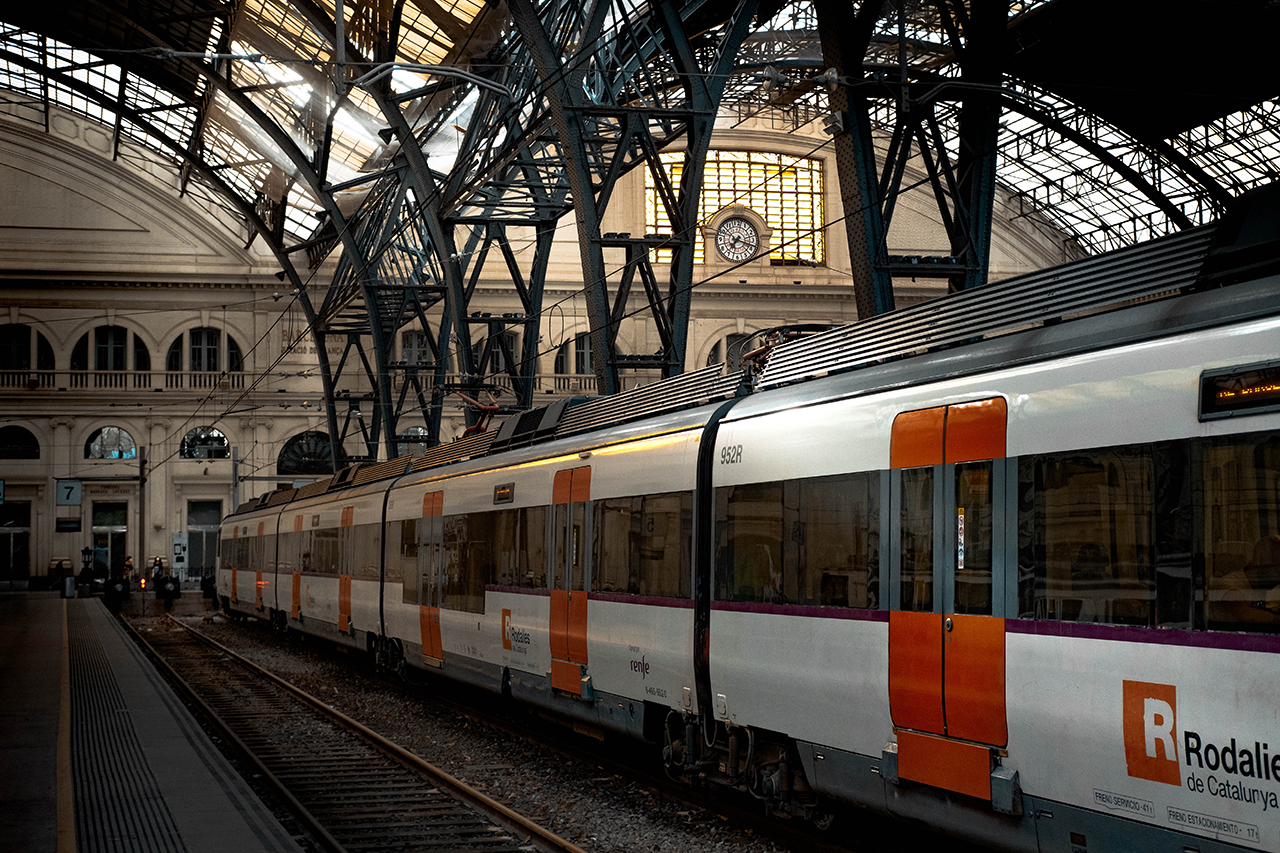
How to act if you find yourself in an uncomfortable or dangerous situation
- Stay calm: Panicking can make the situation worse. Take a deep breath and assess your surroundings.
- Avoid confrontation: If you believe someone is following you, it’s better to change your route or duck into a store rather than confronting the individual.
- Stay in public: If you feel threatened, head to a public place like a café or store where you can ask for help.
- Local police: Familiarize yourself with the local emergency numbers. In Spain, the general emergency number is 112. The local police, known as Policía Municipal, can be particularly helpful in urban areas.
- Consulate or embassy: If you’re a victim of a serious crime, it’s a good idea to report it to both the local police and your country’s embassy or consulate in Spain.
Food and drink precautions
Spain is renowned for its culinary delights, from the savory paellas of Valencia to the sweet churros of Madrid. However, as with any travel destination, it’s essential to be cautious about where and what you eat to ensure a delightful and illness-free experience.
Where and what to eat
- Local recommendations: Always ask locals for their favorite places to eat. Not only will you get an authentic experience, but these establishments often have a reputation to uphold and thus maintain high standards. Websites like TripAdvisor or Yelp can also be helpful.
- Fresh markets: Spain boasts numerous fresh markets, such as La Boqueria in Barcelona or Mercado de San Miguel in Madrid. These are excellent places to sample fresh produce, meats, and cheeses.
- Avoid tourist traps: Restaurants located near major tourist attractions might not always offer the best quality food. They might be overpriced and less authentic.
- Seafood: Coastal regions in Spain, like Galicia or Andalusia, are famous for their seafood. Ensure that any seafood dish you order, especially shellfish, is fresh.
Avoiding food and water-related illnesses
- Tap water: In most parts of Spain, tap water is safe to drink. However, in certain regions, especially in the south, it’s advisable to drink bottled water. Always check with your accommodation provider.
- Raw foods: While many Spanish dishes use raw ingredients, like in salmorejo or certain seafood dishes, always ensure they’re fresh. If you’re unsure about a dish, ask the staff.
- Street food: Street food isn’t as common in Spain as in other countries. If you do opt for it, ensure the vendor maintains good hygiene standards.
- Alcohol: Spanish wines, beers, and spirits like sangria are popular among tourists. However, always drink in moderation and never on an empty stomach. Also, be wary of overly cheap alcohol, as the quality might be compromised.
- Dairy products: Most dairy products in Spain are pasteurized and safe to consume. However, if you’re trying artisanal cheeses, especially those made from raw milk, ensure they’ve been stored correctly.
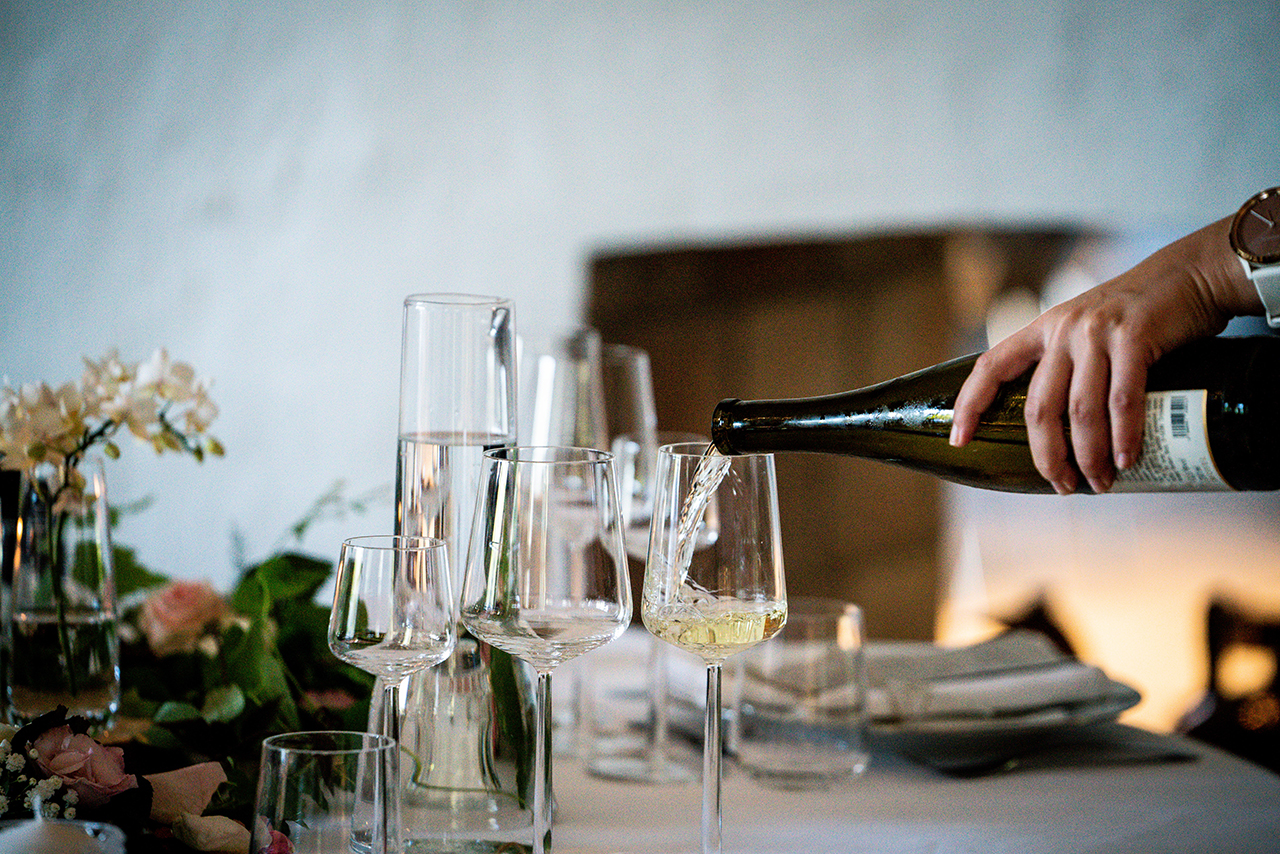
While indulging in Spain’s gastronomic wonders, a touch of caution can ensure that your culinary journey is both delightful and safe. Remember, it’s always better to be safe than sorry, especially when it comes to food and drink. Enjoy your meals and ¡Buen provecho!
Health and well-being
Traveling to Spain offers a rich tapestry of experiences, from the bustling streets of Madrid to the serene beaches of Costa Brava. However, ensuring one’s health and well-being should always be a top priority. Here’s a guide to help you stay in the pink of health while soaking in the Spanish sun.
Medical preparations before traveling
- Travel insurance: Before embarking on your journey, ensure you have comprehensive travel insurance that covers medical emergencies. This is crucial, as medical treatments abroad can be expensive.
- Vaccinations: While Spain doesn’t have any specific vaccination requirements for travelers, it’s always wise to be up-to-date with routine shots like tetanus, measles, and flu.
- Medication: If you’re on prescribed medication, bring an adequate supply for your trip’s duration. Ensure they’re in their original packaging, accompanied by a doctor’s prescription. This can help avoid potential issues at customs.
- First aid kit: Pack a basic first aid kit with essentials like band-aids, antiseptic wipes, pain relievers, and any personal medications.
What to do in case of illness or accident
- Emergency numbers: Familiarize yourself with Spain’s emergency number, which is 112. This number can be dialed for any emergency, including medical.
- Pharmacies: Known as farmacias, they are easily identifiable by a green cross sign. Spanish pharmacies are well-equipped, and pharmacists often provide advice for minor ailments. Some medications that are prescription-only in other countries might be available over the counter in Spain.
- Hospitals and clinics: Spain boasts a high standard of medical facilities. In case of illness, you can visit a public hospital, private clinic, or health center (centro de salud). Remember to carry your passport and insurance details.
- Communication: While many medical professionals in urban areas speak English, it might be challenging in rural regions. Consider downloading a translation app or carrying a phrasebook to help communicate your symptoms.
- Stay hydrated and rest: The Spanish sun can be intense, especially during summer. If you feel unwell, it’s essential to stay hydrated, rest, and avoid alcohol.
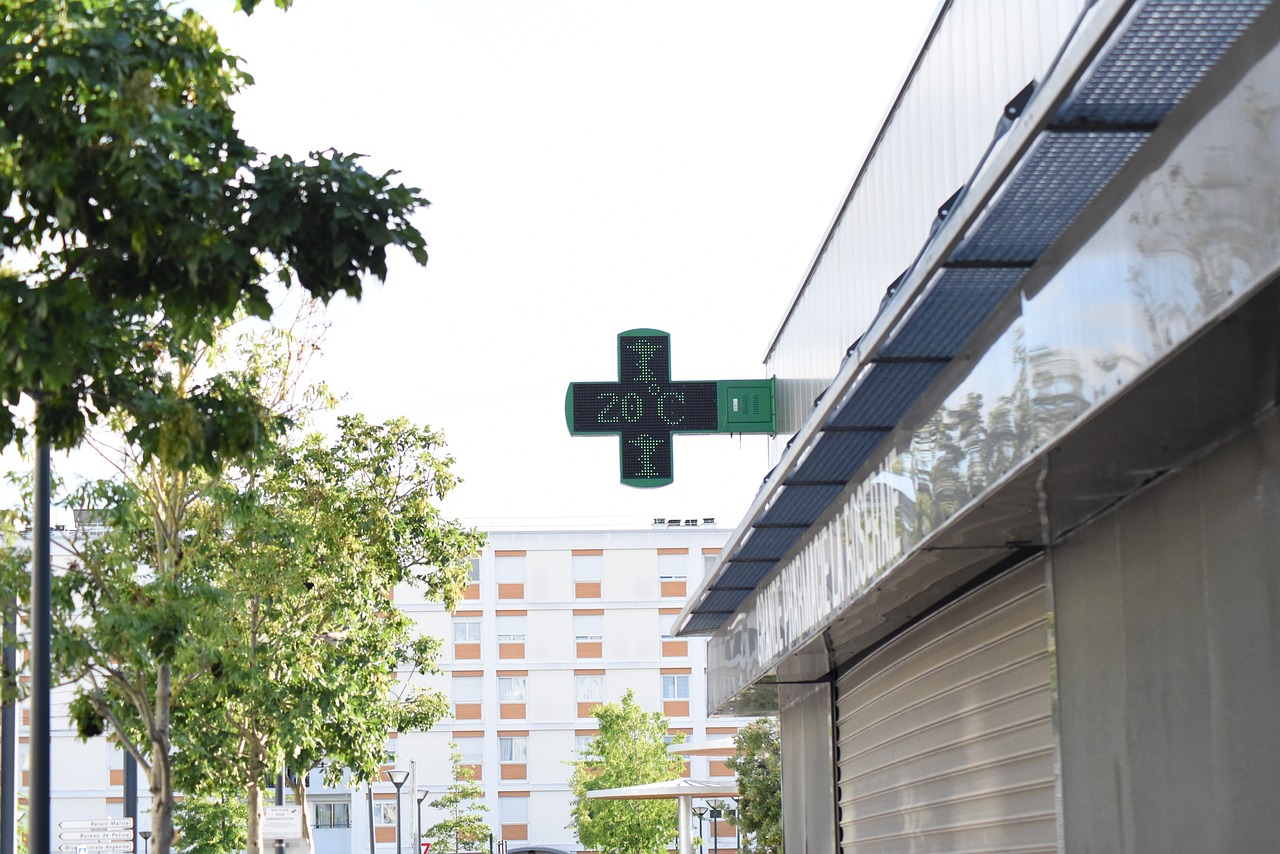
Technology and safety
In today’s digital age, travelers rely heavily on technology, from navigating unfamiliar streets with GPS to booking accommodations on-the-go. However, with this convenience comes a set of challenges that can compromise one’s safety. Here’s how tourists can ensure their tech use doesn’t become a vulnerability while exploring Spain.
Safe use of mobile devices
- Public Wi-Fi: While it’s tempting to connect to free public Wi-Fi in squares, cafes, and tourist spots, these networks can be insecure. Cybercriminals can easily intercept data on open networks. If you must use public Wi-Fi, avoid accessing sensitive accounts or conducting transactions.
- VPN: Consider using a Virtual Private Network (VPN) when accessing the internet. A VPN encrypts your data, making it difficult for hackers to intercept.
- Device security: Ensure your devices have a secure password or PIN. Activate features like “Find My Phone” to track, lock, or erase data if your device is lost or stolen.
- App downloads: Only download apps from reputable sources like the App Store or Google Play. Be wary of third-party app stores or direct downloads from websites.
Avoiding online scams and protecting personal information
- Phishing attempts: Be cautious of unsolicited emails or messages that prompt you to click on a link or provide personal information. Scammers often pose as reputable organizations to steal data.
- Booking accommodations: Use trusted platforms like Airbnb, Booking.com, or official hotel websites. Be wary of deals that seem too good to be true or require direct bank transfers.
- Social media: While it’s natural to want to share your adventures, avoid posting real-time locations or indicating that your home is unoccupied. This can make you a target for both digital and physical theft.
- Online payments: When making online purchases or bookings, ensure the website’s URL begins with “https://” indicating a secure connection. Look for a padlock symbol in the browser’s address bar.
- Personal data: Limit the amount of personal information you share online. Cybercriminals can piece together information from various sources to commit identity theft or fraud.
While technology has undoubtedly made traveling more accessible and enjoyable, it’s essential to remain vigilant. By taking these precautions, tourists can enjoy the wonders of Spain without the added worry of digital threats. Remember, safety first – both offline and online. Safe travels!
Local culture and customs
Spain, with its rich tapestry of history, art, and culture, is a magnet for tourists worldwide. However, as with any destination, understanding and respecting local customs and traditions is not just a matter of politeness – it can also ensure a safer and more enriching travel experience.
Respecting local traditions and norms
- Fiestas and festivals: Spain is renowned for its vibrant festivals, from the running of the bulls in Pamplona to La Tomatina in Buñol. While these events are open to tourists, it’s essential to understand their historical and cultural significance. Always be respectful, avoid disruptive behavior, and follow any guidelines or instructions provided by event organizers.
- Siesta time: Many regions in Spain still observe the traditional afternoon siesta, usually between 2 pm and 5 pm. During this time, many shops and businesses close, and streets can be quieter. Tourists should be aware of this custom to plan their day and avoid inadvertently disturbing locals during their rest.
- Tipping: While tipping is appreciated, it’s not as customary in Spain as in some other countries. In restaurants, it’s common to leave small change or round up to the nearest euro. However, always feel free to tip for exceptional service.
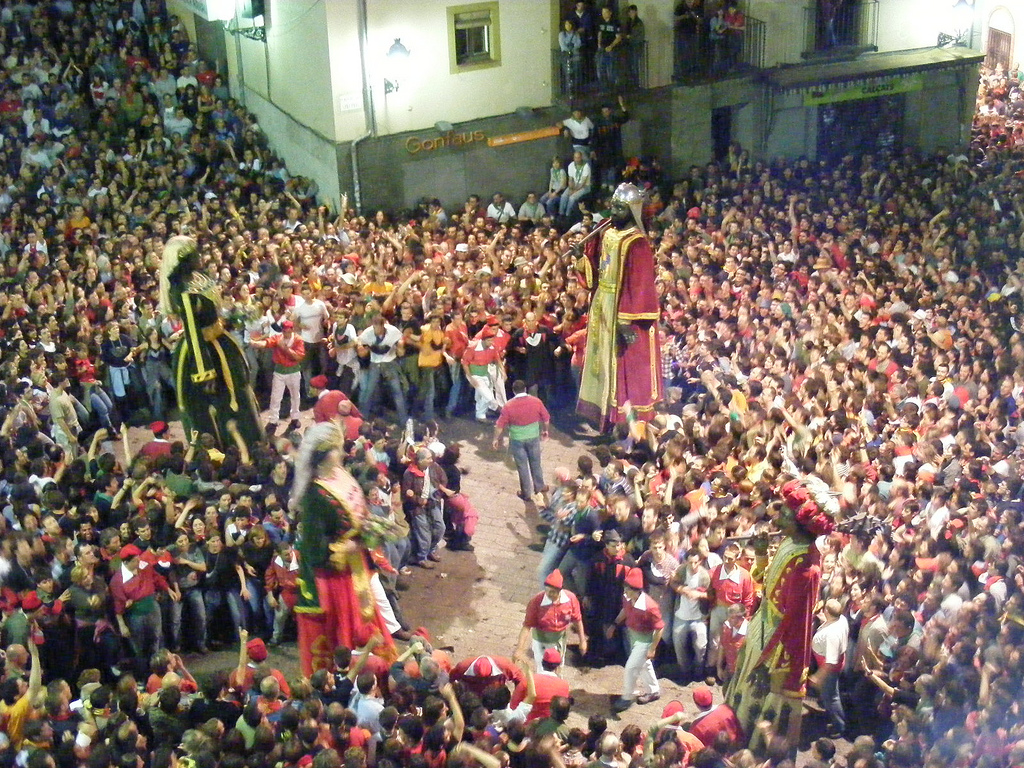
Dressing appropriately to avoid cultural offenses
- Religious sites: When visiting places of worship, such as the majestic cathedrals or monasteries, it’s crucial to dress modestly. For women, this might mean wearing skirts or dresses that fall below the knee and covering the shoulders. For men, shorts and sleeveless shirts might be frowned upon. It’s always a good idea to carry a scarf or shawl that can be draped over the shoulders if needed.
- Beaches and pools: While Spain is generally liberal when it comes to beach attire, topless sunbathing is more accepted on designated beaches or areas. Always look for signs or observe what locals are doing. Remember, nude sunbathing or swimming is only appropriate on designated nudist beaches.
- General attire: In cities and towns, Spaniards tend to dress more formally than tourists might expect. While casual attire is accepted, overly revealing clothes or beachwear is best reserved for the coast.
Conclusion
Traveling is one of life’s most enriching experiences. It broadens horizons, fosters understanding, and creates memories that last a lifetime. Spain, with its vibrant culture, historic landmarks, and breathtaking landscapes, offers a myriad of experiences for every traveler. However, as with any journey, the key to truly enjoying and immersing oneself in a destination lies in being informed and cautious.
Informed traveling: Knowledge is a traveler’s best tool. Whether it’s understanding local customs, being aware of areas to avoid, or knowing the ins and outs of local transportation, being informed ensures a smoother and more enjoyable trip. Spain, like many countries, has its own unique set of customs and norms. Respecting these not only ensures a harmonious interaction with locals but also provides a deeper understanding and appreciation of the Spanish way of life.
Cautious traveling: Caution doesn’t mean being fearful; it means being aware. Whether it’s safeguarding personal belongings, choosing accommodations wisely, or being mindful of one’s surroundings, a little caution goes a long way. It’s about ensuring that the memories made are only the best ones.
Moreover, in the age of technology, travelers have more resources at their fingertips than ever before. From travel forums to official tourism websites (like Spain’s official tourism portal, spain.info), there’s a wealth of information available to ensure a safe and memorable trip.
In the end, traveling to Spain or any destination should be a balance of adventure and caution. By respecting local customs, being aware of one’s surroundings, and staying informed, travelers can ensure that their Spanish adventure is not only memorable but also safe.
Here’s to informed and cautious traveling – the passport to a world of unforgettable experiences. Safe journeys!


